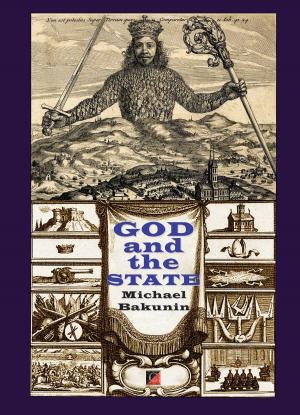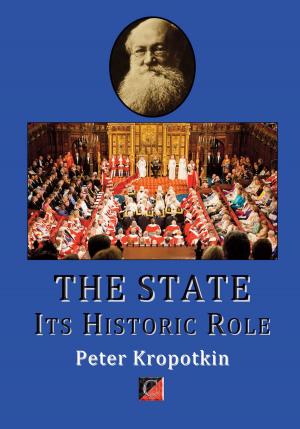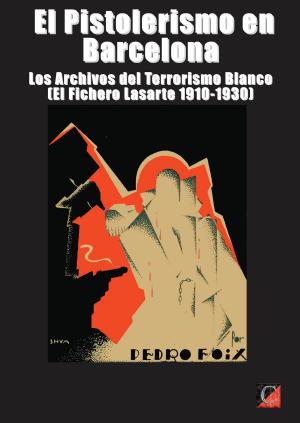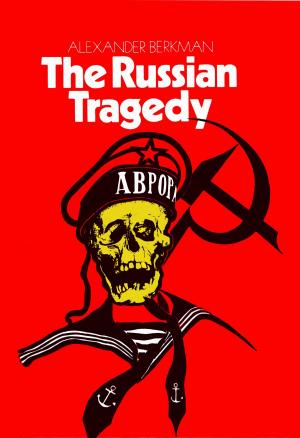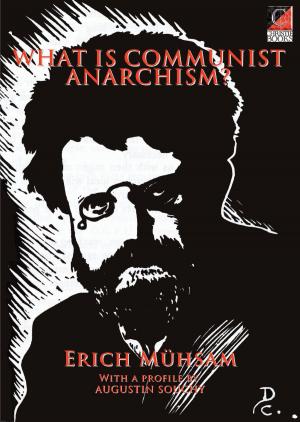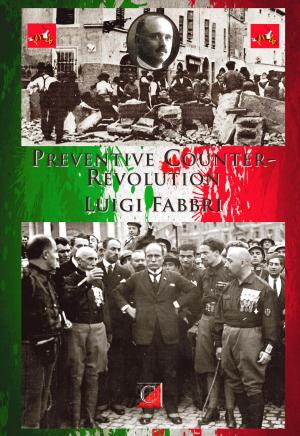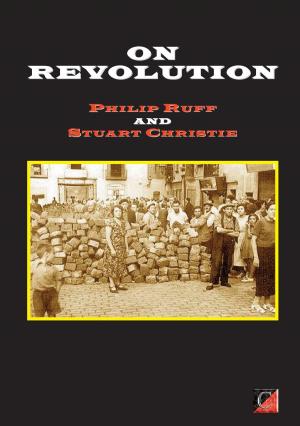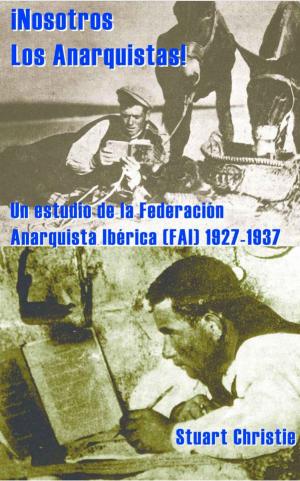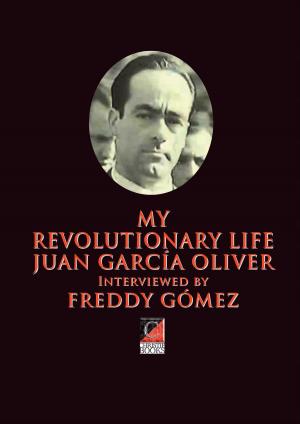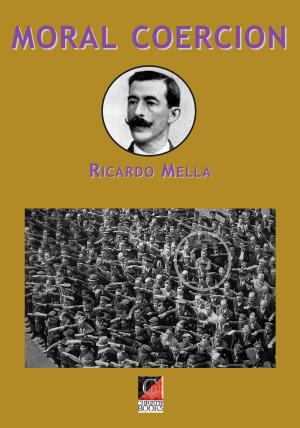| Author: | A.S. Neill | ISBN: | 1230000448680 |
| Publisher: | ChristieBooks | Publication: | May 23, 2015 |
| Imprint: | ChristieBooks | Language: | English |
| Author: | A.S. Neill |
| ISBN: | 1230000448680 |
| Publisher: | ChristieBooks |
| Publication: | May 23, 2015 |
| Imprint: | ChristieBooks |
| Language: | English |
Alexander Sutherland Neill was born in Forfar in the N.E, of Scotland on 17 October 1883 (d. 23/9/1973) to George and Mary Neill. He was raised in an austere, Calvinist house and instilled with values of fear, guilt, and adult and divine authority, which he later repudiated. His father was the village dominie (Scottish schoolmaster) of Kingsmuir, near Forfar in eastern Scotland; his mother, too, had been a teacher before her marriage. The village dominie held a position in the community of prestige, but hierarchically beneath that of the gentry, doctors, and clergymen. The dominie, typically, controlled overcrowded classrooms with the tawse (the belt), as the means of maintaining good order and discipline.
Aged 15, his parents decided to appoint him his father's assistant "pupil teacher". The children liked Neill, though he received poor marks from a school inspector. He taught a wider range of topics as his self-confidence grew. After four years, he attended teacher training college— coming nearly last in his class — but continued as a pupil teacher in Bonnyrigg and Kingskettle, where he found the teachers' instruction militant and loathsome. He remained in Kingskettle for three years, during which time he learned Greek from a local priest, an experience that stimulated his interest in things academic and sublimated his interest in the priesthood into a desire to attend university. After studying with the priest and the Forfar math master, Neill passed his university entrance exam and preliminary teacher's certification, becoming an assistant teacher at the Newport Public School, where he learned to dance and appreciate music and theatre. He adopted progressive techniques at this school, abandoning the tawse for other forms of establishing discipline. Neill was friendly and relaxed with his pupils; he described the two years he spent there as "the happiest of [his] life thus far". He subsequently finished his entrance exams at Edinburgh University and received his full teaching certification in 1912. The present work, ‘A Dominie’s Log’, appeared in 1915 — 9 years before launching his own free school, Summerhill in 1924. It is a delightful and insightful record of a young Scottish dominie’s coming of age as a teacher in the early 20th century,.
“I smile as I re-read the words I wrote yesterday, for to day I feel that hope has not left me. But I am not any more hopeful about the three Rs and the others. I am hopeful because I have found a solution. I shall henceforth try to make my bairns realise. Yes, realise is the word. Realise what? To tell the truth, I have some difficulty in saying. I think I want to make them realise what life means. Yes, I want to give them, or rather help them to find an attitude. Most of the stuff I teach them will be forgotten in a year or two, but an attitude remains with one throughout life. I want these boys and girls to acquire the habit of looking honestly at life.
“Ah! I wonder if I look honestly at life myself! Am I not a very one-sided man? Am I not a Socialist, a doubter, a heretic? Am I not biased when I judge men like the Cecils and the Harmsworths? I admit it. I am a partisan, and yet I try to look at life honestly. I try and that is the main point. I do not think that I have any of the current superstitions about morality and religion and art. I try to forget names; I try to get at essentials, at truth. The fathers of my bairns are, I think, interested in names. I wonder how many of them have sat down saying: “I must examine myself, so that I may find out what manner of man I am.” I hold that self-knowledge must come before all things. When one has stripped off all the conventions, and superstitions, and hypocrisies, then one is educated.
“These bairns of mine will never know how to find truth; they will merely read the newspapers when they grow up. They will wave their hats to the King, but kingship will be but a word to them; they will shout when a lawyer from the south wins the local seat, but they will not understand the meaning of economics; they will dust their old silk hats and march to the sacrament, but they will not realise what religion means.
“I find that I am becoming pessimistic again, and I did feel hopeful when I began to write. I should feel hopeful, for I am resolved to find another meaning in education. What was it? . . . Ah, yes, I am to help them to an attitude.”
Alexander Sutherland Neill was born in Forfar in the N.E, of Scotland on 17 October 1883 (d. 23/9/1973) to George and Mary Neill. He was raised in an austere, Calvinist house and instilled with values of fear, guilt, and adult and divine authority, which he later repudiated. His father was the village dominie (Scottish schoolmaster) of Kingsmuir, near Forfar in eastern Scotland; his mother, too, had been a teacher before her marriage. The village dominie held a position in the community of prestige, but hierarchically beneath that of the gentry, doctors, and clergymen. The dominie, typically, controlled overcrowded classrooms with the tawse (the belt), as the means of maintaining good order and discipline.
Aged 15, his parents decided to appoint him his father's assistant "pupil teacher". The children liked Neill, though he received poor marks from a school inspector. He taught a wider range of topics as his self-confidence grew. After four years, he attended teacher training college— coming nearly last in his class — but continued as a pupil teacher in Bonnyrigg and Kingskettle, where he found the teachers' instruction militant and loathsome. He remained in Kingskettle for three years, during which time he learned Greek from a local priest, an experience that stimulated his interest in things academic and sublimated his interest in the priesthood into a desire to attend university. After studying with the priest and the Forfar math master, Neill passed his university entrance exam and preliminary teacher's certification, becoming an assistant teacher at the Newport Public School, where he learned to dance and appreciate music and theatre. He adopted progressive techniques at this school, abandoning the tawse for other forms of establishing discipline. Neill was friendly and relaxed with his pupils; he described the two years he spent there as "the happiest of [his] life thus far". He subsequently finished his entrance exams at Edinburgh University and received his full teaching certification in 1912. The present work, ‘A Dominie’s Log’, appeared in 1915 — 9 years before launching his own free school, Summerhill in 1924. It is a delightful and insightful record of a young Scottish dominie’s coming of age as a teacher in the early 20th century,.
“I smile as I re-read the words I wrote yesterday, for to day I feel that hope has not left me. But I am not any more hopeful about the three Rs and the others. I am hopeful because I have found a solution. I shall henceforth try to make my bairns realise. Yes, realise is the word. Realise what? To tell the truth, I have some difficulty in saying. I think I want to make them realise what life means. Yes, I want to give them, or rather help them to find an attitude. Most of the stuff I teach them will be forgotten in a year or two, but an attitude remains with one throughout life. I want these boys and girls to acquire the habit of looking honestly at life.
“Ah! I wonder if I look honestly at life myself! Am I not a very one-sided man? Am I not a Socialist, a doubter, a heretic? Am I not biased when I judge men like the Cecils and the Harmsworths? I admit it. I am a partisan, and yet I try to look at life honestly. I try and that is the main point. I do not think that I have any of the current superstitions about morality and religion and art. I try to forget names; I try to get at essentials, at truth. The fathers of my bairns are, I think, interested in names. I wonder how many of them have sat down saying: “I must examine myself, so that I may find out what manner of man I am.” I hold that self-knowledge must come before all things. When one has stripped off all the conventions, and superstitions, and hypocrisies, then one is educated.
“These bairns of mine will never know how to find truth; they will merely read the newspapers when they grow up. They will wave their hats to the King, but kingship will be but a word to them; they will shout when a lawyer from the south wins the local seat, but they will not understand the meaning of economics; they will dust their old silk hats and march to the sacrament, but they will not realise what religion means.
“I find that I am becoming pessimistic again, and I did feel hopeful when I began to write. I should feel hopeful, for I am resolved to find another meaning in education. What was it? . . . Ah, yes, I am to help them to an attitude.”

